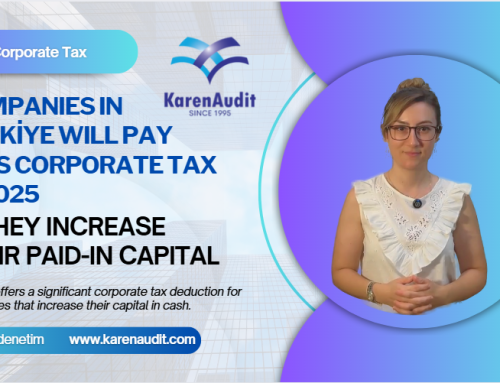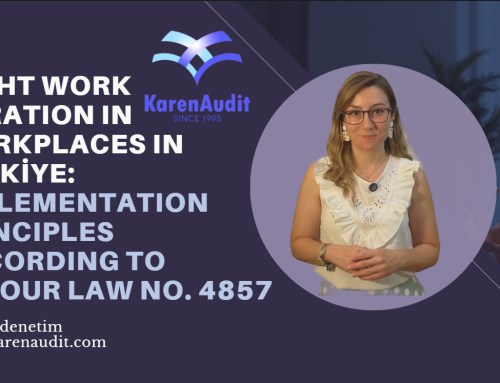October 20, 2022
The Fiscal Council has suggested progressive taxation, or the idea that those with greater incomes should pay more taxes, as one of its strategies for decreasing poverty.
The Council further suggests that the non-taxable portion of the pay double to 40,000 dinars and that employees be entitled to an additional 20,000 dinars in non-taxable income for each dependent family member.
By performing a quick calculation, we determine that an employee earning the minimum wage in 2023 would save the business roughly 200 euros yearly. Although this concept has received favorable evaluation from economists, they also highlight potential difficulties in its actual implementation.
The Fiscal Council’s proposed personal income systemic reform essentially entails raising the payroll tax from 10 to 15 percent, doubling the portion of salary that is tax-free to 40,000 dinars, adding a tax-free amount of 20,000 dinars for each dependent family member, and increasing the tax-free portion of income by 20,000 dinars.
Over 80% of middle-class and lower-income households would benefit from the new wage tax system, according to Fiscal Council member Nikola Altiparmakov, while the remaining 20% of households with the highest incomes would only see a slight tax hike.
The amount of payroll tax and contribution employers would save has been determined by N1 using publicly accessible calculating techniques.
If the new computation suggested by the Fiscal Council is used, a worker making the minimum wage would cost his employer 2,417 dinars less per month on a net pay of 40,000 dinars. This equals 247 euros or 29,004 dinars each year.
In Serbia, fifty percent of workers are paid little more than 56,000 dinars per month. The monthly savings for them would be 381 dinars per month or 4,572 dinars annually.
Employees making 120,000 dinars a month would pay 7,764 more in taxes and benefits, while those making 240,000 dinars a month would pay 23,035 more.
Source: SerbianMonitor.com
Legal Notice: The information in this article is intended for information purposes only. It is not intended for professional information purposes specific to a person or an institution. Every institution has different requirements because of its own circumstances even though they bear a resemblance to each other. Consequently, it is your interest to consult on an expert before taking a decision based on information stated in this article and putting into practice. Neither Karen Audit nor related person or institutions are not responsible for any damages or losses that might occur in consequence of the use of the information in this article by private or formal, real or legal person and institutions.






